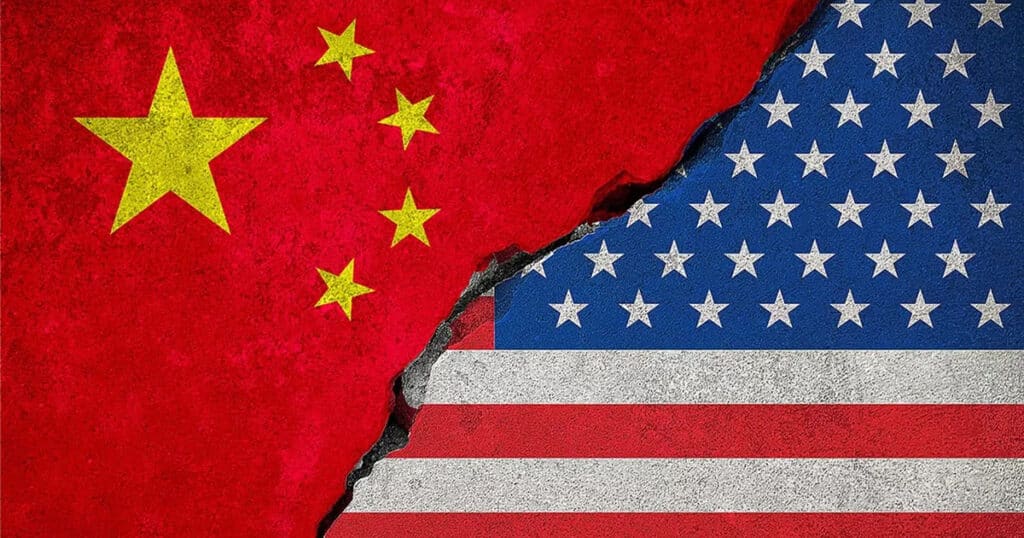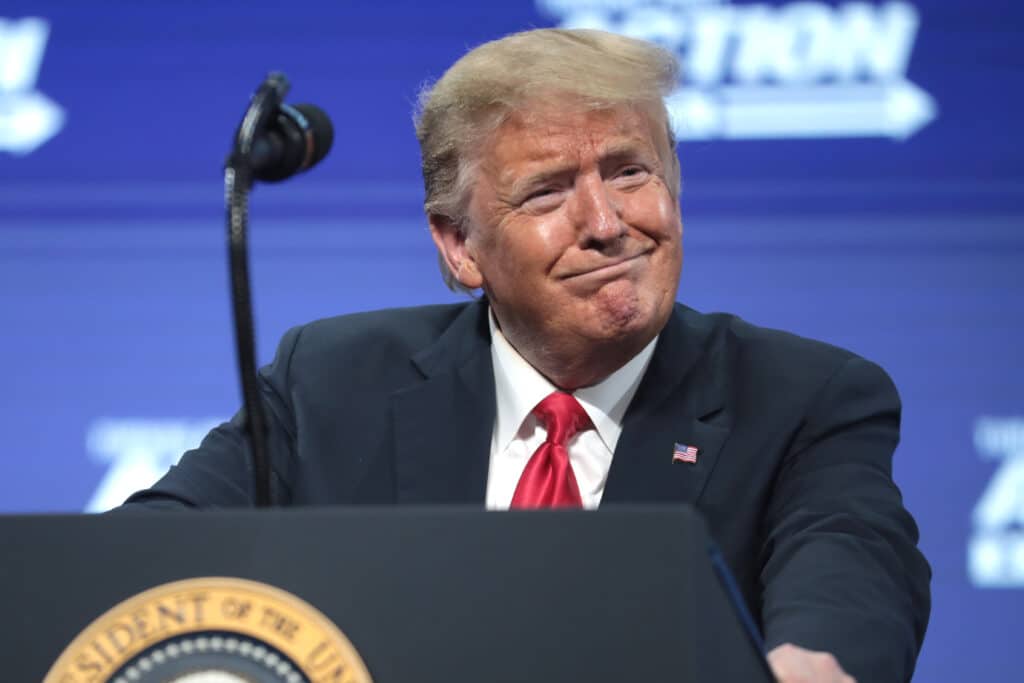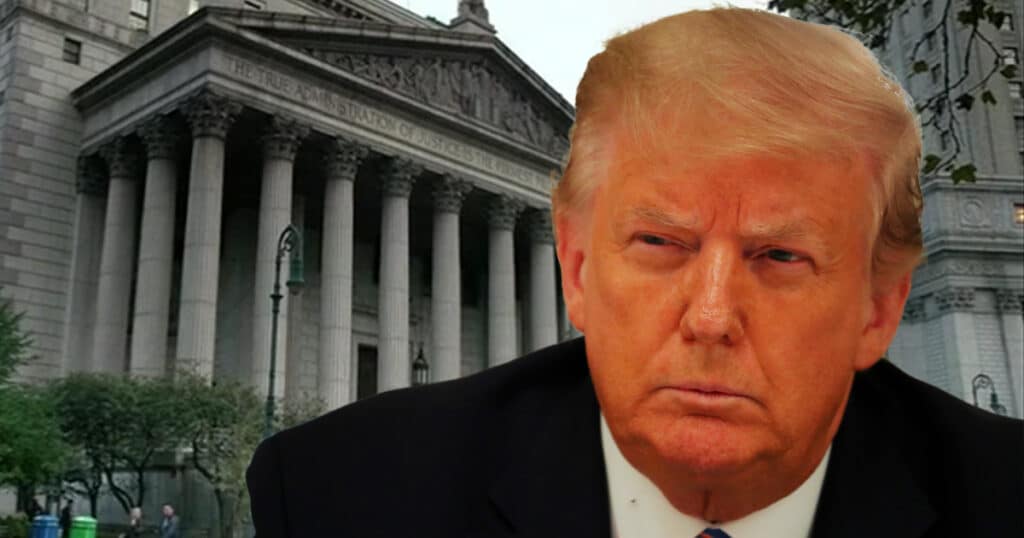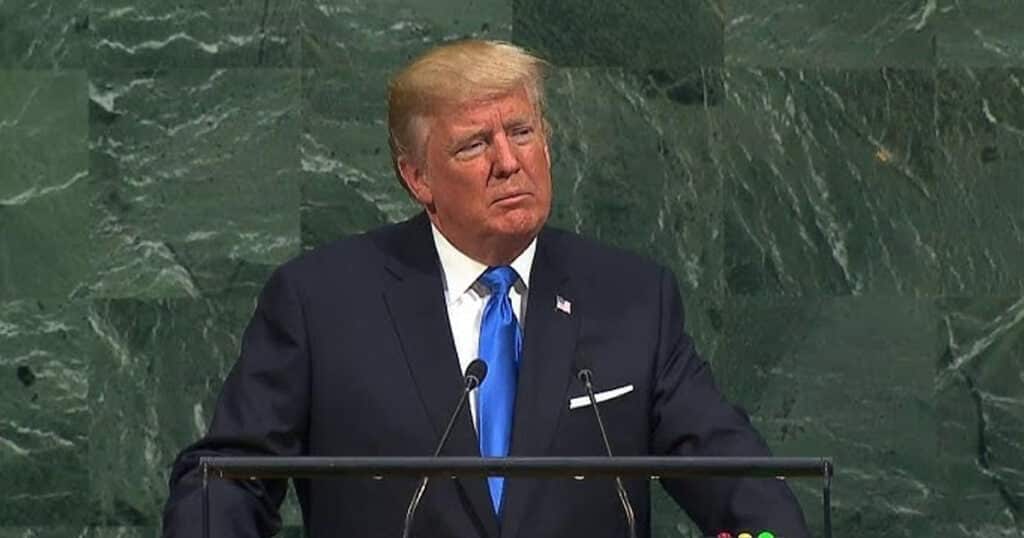
Trump Makes Historic Trip to Meet Chinese President
President Trump has now returned from a precedent-setting summit with an overarching accomplishment: every time President Trump and Chinese President, Xi Jinping, meet I believe America’s economic and military primacy is reasserted and that, in and of itself, has great value.
The two men met in Busan, South Korea. Many observers deemed the meeting an important first step in reviving and strengthening the relationship between the two men from the first Trump term, and, in fact, a temporary truce resulted in the trade battle between the two superpowers. The truce will likely help cool the heated conflicts over trade and technology that have stifled economic and diplomatic progress.
The specific achievements of the summit include pulling back port fees and rare-earth export controls for one year. The U.S. also agreed to cut its fentanyl-related tariffs on Chinese goods 10%, lowering overall tariffs to 47%. In return, China promised to take “very strong action” against chemicals used to produce fentanyl and agreed to ease export controls on processed rare earth minerals.
Further, Trump again demonstrated his devotion to American farmers regarding soybean purchases, getting China to agree to purchase huge amounts of U.S. soybeans. In the coming years that country will buy some 25 million metric tons a year. Further, on the important issue of export limitations, the U.S. agreed to pause some export restrictions. Both sides also agreed to halt reciprocal port fees. (At some point, the ever-burgeoning issue of Artificial Intelligence is also going to need to be addressed head on).
However, I caution that President Xi Jinping also promised ‘very strong action’ to Trump in the first term and President Biden as well. So, as President Reagan has said, Trump must now ‘trust but verify’ with tariffs.
For context, The Heritage Foundation has argued that the U.S. must remember that “America’s competition with China is unlike any rivalry we’ve faced. It tests which system delivers greater security and prosperity—hallmarks of human flourishing—for its people.” (“How America Can Beat China and Herald a New Golden Age,” D. Morgan, Sep. 22, 2025).
The author, Derrick Morgan, also argues that ” … we must reduce—and ideally eliminate—our dependency on China for critical supply chains. We should begin with products essential to our military, economy, and healthcare, and tighten export controls to prevent China from acquiring U.S. frontier technologies in semiconductors and AI.
At the time of the China Virus, I was shocked to learn that ‘in the early 2000s, two of the largest American medical manufacturers, Honeywell and Kimberly-Clark, shifted most of their PPE (personal protective equipment) manufacturing supply lines to China. And the numbers today still reflect that reality. A full 90% of America’s antibiotics are sourced overseas, along with 75% of its acetaminophen. More to the point, 48% of American PPE in 2019 originated in China, including 95% of our surgical masks, 97% of our plastic gloves, and 70% of our N95 respirators.’ (The PPE Crisis: How We Got Here, et al.)
Morgan further contends that our plan to rebuff the China threat must include a realistic defense strategy as well. “The United States must also reorient its defense doctrine around the Indo-Pacific. That means prioritizing military planning and resources toward Asia, deploying forward forces, and modernizing capabilities for cyber, space and hybrid warfare. Alliances with Japan, South Korea, the Philippines, Australia, and India must deepen, and economic, technological and energy policies should support this strategy. European allies must shoulder more responsibility against Russia so America can focus on Asia, where the stakes are highest.”
I close with this.
The Chinese Communist Party has made clear it will do whatever it determines is necessary to win what it sees as an inevitable war with the United States, including conventional—and even nuclear— warfare, terrorism, and biological, cyber, economic, data and political warfare. That is why economically, militarily, and geographically the United States faces a stark threat from China. In fact, China has for years engaged in cyberterrorism, hacking, industrial espionage, and the theft annually of hundreds of billions of dollars of intellectual property against the U.S. (Over the last 15 years, it is estimated that the Chinese government has stolen some $6 trillion of U.S. intellectual property).
The United States must plan aggressively to counter this multifaceted threat to America. I think President Trump realizes this and makes certain every interaction he has with Chinese leadership puts America in the strongest position possible.



